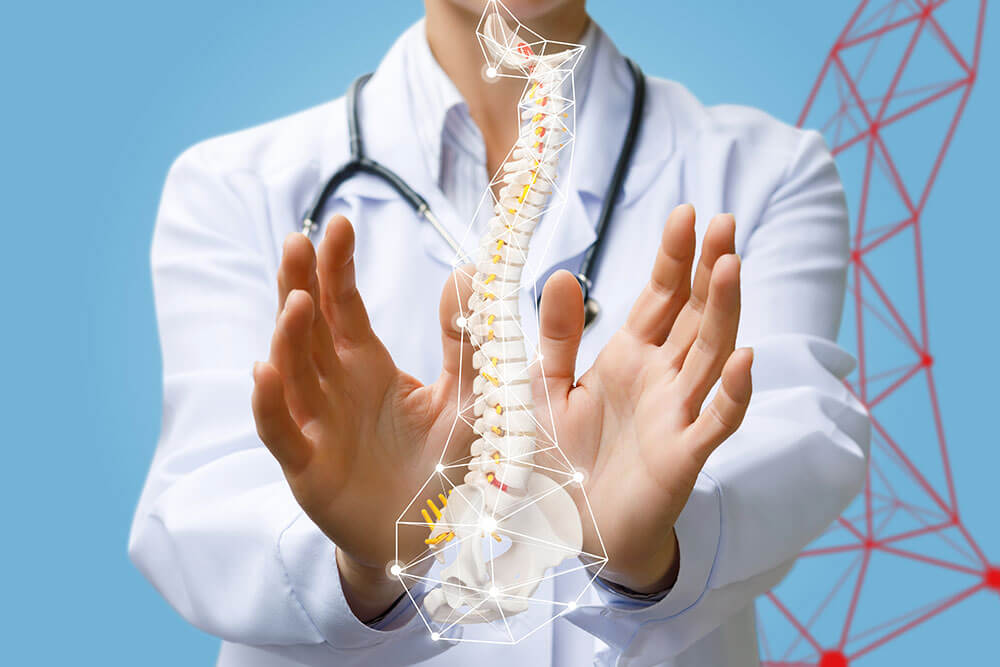
Most women enter into perimenopause – the transition period from regular menses to menopause – in their 30s and 40s. The time you enter into perimenopause depends on your genetics and overall health. During this transitional time, your estrogen levels will become unstable, lowering and rising more noticeably. With these fluctuations come symptoms, which Eagle’s Landing OB/GYN lists below.
Changes in Periods
Your periods become unpredictable during perimenopause because of your fluctuating hormones. Most women’s schedules change, and they go longer or shorter between periods. There is also a difference in your menstrual flow. As you reach the end of perimenopause, you may go months between periods.
Hot Flashes
Due to the fluctuating estrogen, you will start having hot flashes during perimenopause. The intensity of them varies and can also be affected by things such as sugar and alcohol. If you begin to suffer from night sweats, too, you might find it difficult to sleep. Low progesterone can also make it hard to sleep.
Mood Swings
Your fluctuating hormones will also increase depression and irritability. Some women describe perimenopause as constant PMS. The insomnia and hot flashes don’t help your mood, either. Discuss your mood swings with your doctor as they may or may not be related to perimenopause.
Dryness
You will notice this more when you’re in menopause but during perimenopause, your vaginal walls become drier and less elastic. This tissue loss can also create the perfect condition for bladder infections and urinary incontinence. To rub salt in the wounds, intercourse can become painful.
Less Fertile
Naturally, as your ovulation changes during perimenopause, you will become less fertile. If you’re done planning your family, this is a time to look at positively; once in menopause, you won’t need to worry about birth control any longer. If you’d like to have another baby, we can help.
Less Sexual Desire
Unfortunately for you and your partner, perimenopause can turn off the flame. Because your vagina is drier and it can hurt to have sex, you may not feel like it as often. Reduced estrogen and progesterone levels can also decrease sexual desire. Bioidentical hormone therapy can help.
Bone Loss
You’ve heard of menopausal osteoporosis but your bone loss actually begins during perimenopause. Declining estrogen causes bone loss as well as high cholesterol. Now is the time to eat healthy and exercise. Also, check with your doctor to see if it’s time for calcium and vitamin D supplementation.
Perimenopause and menopause are not death-sentences. You will notice unfavorable changes in your body, but Call Eagle’s Landing OB/GYN in Stockbridge, GA, can help. Call us at 770-474-1919.
